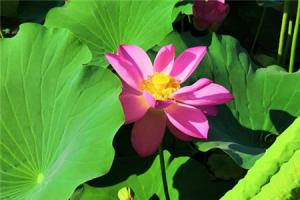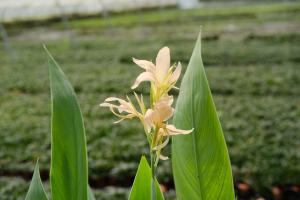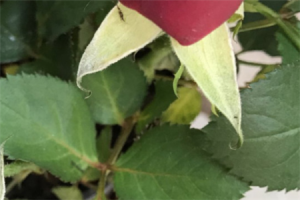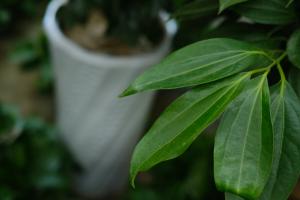Introduction
Dragon fruit plants are becoming increasingly popular in gardens and farms worldwide. These unique plants produce delicious and nutritious fruit and have stunning flowers that make them an excellent addition to any garden. However, like any other plant, dragons fruit plants require proper care to thrive. If you're looking to grow dragon fruit, here are some tips on how to take care of your dragon fruit plant.
Planting Dragon Fruit
The first step to taking care of your dragon fruit plant is planting it in the right place. Dragon fruit plants require a warm and sunny environment, so choose a spot in your garden that receives plenty of sunlight. The soil should also be well-draining and have a pH of 6.0 to 7.0. It's recommended to plant the dragon fruit plant in late spring or early summer when the temperatures are warmest.
Watering Dragon Fruit
Dragon fruit plants need regular watering, especially during the growing season. However, it's important not to overwater the plant, which can lead to root rot. A good rule of thumb is to water the plant whenever the top inch of soil is dry. In the winter, dragon fruit plants go dormant and require less water. Always ensure that you water the plant at the base and not the foliage to prevent fungal diseases.
Fertilizing Dragon Fruit
Dragon fruit plants require regular feeding to produce fruit and thrive. One of the best fertilizers for dragon fruit is a balanced fertilizer with an equal ratio of nitrogen, phosphorus, and potassium. It's recommended to fertilize the plant every two to three months during the growing season. In addition, it's good to give the plant some worm castings or compost once a year to enrich the soil.
Pruning Dragon Fruit
Pruning is essential for the proper care of dragon fruit plants. Regular pruning helps to keep the plant's growth under control, promotes good air circulation and light penetration, and encourages the plant to produce more fruit. It's best to prune the plant during the dormant season, after the fruit has been harvested. Remove any dead, diseased, or damaged stems and branches, and cut back any overgrown or unproductive stems.
Pests and Diseases
Dragon fruit plants are relatively pest and disease-resistant, but some issues may occur. The most common pests that affect dragon fruit plants are scale insects and aphids, which can be controlled by using insecticidal soap. Fungal diseases such as anthracnose can also affect the plant, especially during periods of high humidity or rainfall. To prevent fungal infections, ensure that the plant has good air circulation and avoid wetting the leaves during watering.
Conclusion
In conclusion, dragon fruit plants are unique and rewarding plants to grow in your garden. With proper care and maintenance, you can enjoy a bountiful harvest of delicious and nutritious fruit from your dragon fruit plant. Remember to plant it in a warm and sunny spot, water it regularly but not excessively, feed it with fertilizer, prune it, and watch out for pests and diseases. With these tips, you'll have a thriving dragon fruit plant in no time.

 how many times do yo...
how many times do yo... how many planted tre...
how many planted tre... how many pine trees ...
how many pine trees ... how many pecan trees...
how many pecan trees... how many plants comp...
how many plants comp... how many plants can ...
how many plants can ... how many plants and ...
how many plants and ... how many pepper plan...
how many pepper plan...































